By Norman Carreck, UK – The international INSIGNIA group
The global Covid-19 pandemic has affected all aspects of life. As well as ceasing one-to-one teaching, many universities have closed down their laboratory research programmes and fieldwork for the foreseeable future. As an international research project, INSIGNIA, which is using honey bees to sample their environment for pollution, has also been affected.
This weekend is the setup weekend for the INSIGNIA 2020 sampling, which is being carried out in nine European countries (Austria, Belgium, Denmark, France, Greece, Ireland, Italy, Latvia and the UK). Beekeepers will be inserting the first ApiStrips (special plastic strips coated with a substance designed to absorb chemical residues) into their hives for the start of this year’s sampling. With movement restrictions in all countries, this has, however, led to some changes.
In most countries, beekeeping is deemed to be an essential food producing activity, so beekeepers are permitted to travel to inspect their bees, although the age profile of many beekeepers puts them in a high risk category, confined to their homes. Fortunately, most of the volunteer citizen scientist beekeepers will be using bee hives located in their own gardens or nearby, so we will still be able to carry out the planned programme.
The National coordinators have prepared the necessary equipment as a toolkit, which has been sent to the beekeepers. Many national coordinators had intended to visit the beekeepers individually to provide training for the project, or to organise small training seminars, but movement restrictions have prevented these. Instead, a series of video conferences have been held to provide the training and discuss any queries (Fig 1).
The crisis has brought more significant changes to the CIMO Instituto Politécnico de Bragança, Portugal, which has been carrying out the botanical analysis of pollen samples for the INSIGNIA project using an ITS2 metabarcoding approach. Prof. Alice Pinto, Andreia Quaresma and colleagues have recently seen their laboratories transformed to become a Covid-19 testing station. This demonstrates the flexibility of molecular biologists, who can change from analysing plant material to human viruses in a short space of time. The laboratory recently received a visit from three Ministers and two Secretaries of State from the Portuguese Government to officially sign an agreement to inaugurate the new Covid-19 testing facility (Figs 2-4). The laboratory will receive samples directly from hospitals, so a decontamination room has been provided. The laboratory will be responsible for testing those living and working in retirement homes in the Bragança district. Samples of pollen from INSIGNIA will be safely stored in freezers until such time as the laboratory can return to its normal research programme.
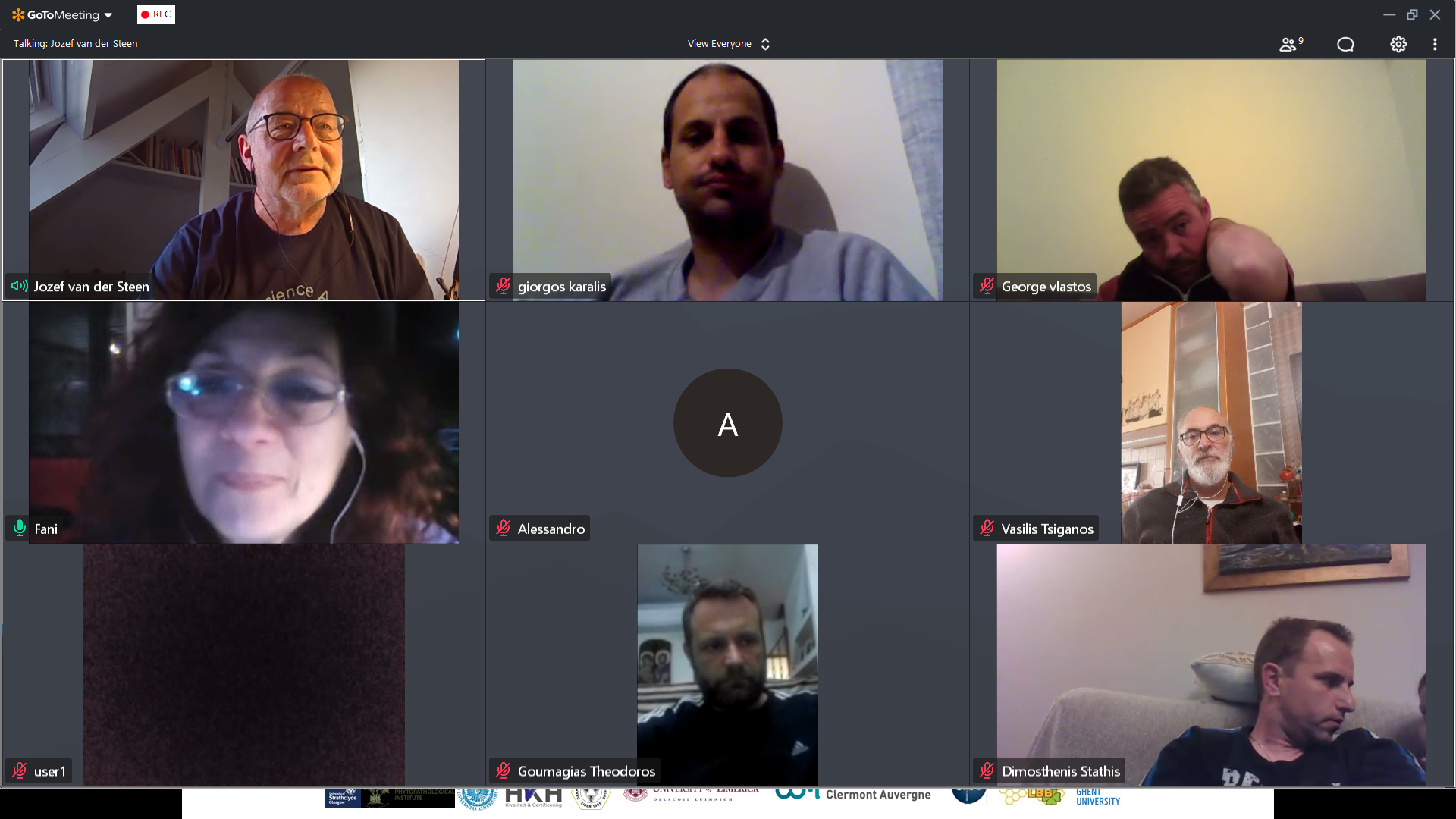
Fig. 1. GoTo Meeting between International Coordinator Sjef van der Steen, National Coordinator Fani Hatjina, and Greek beekeeper citizen scientists.
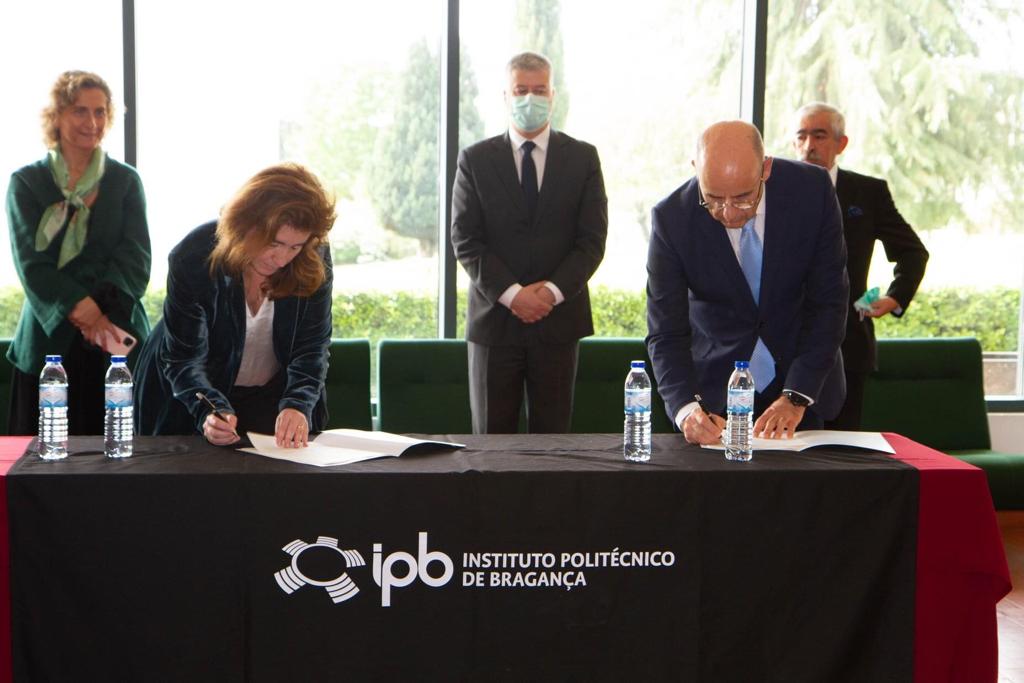
Fig. 2. An agreement is signed between the President of the Instituto Politécnico de Bragança and Ana Mendes Godinho, Portuguese Minister of Work and Social Security (left).
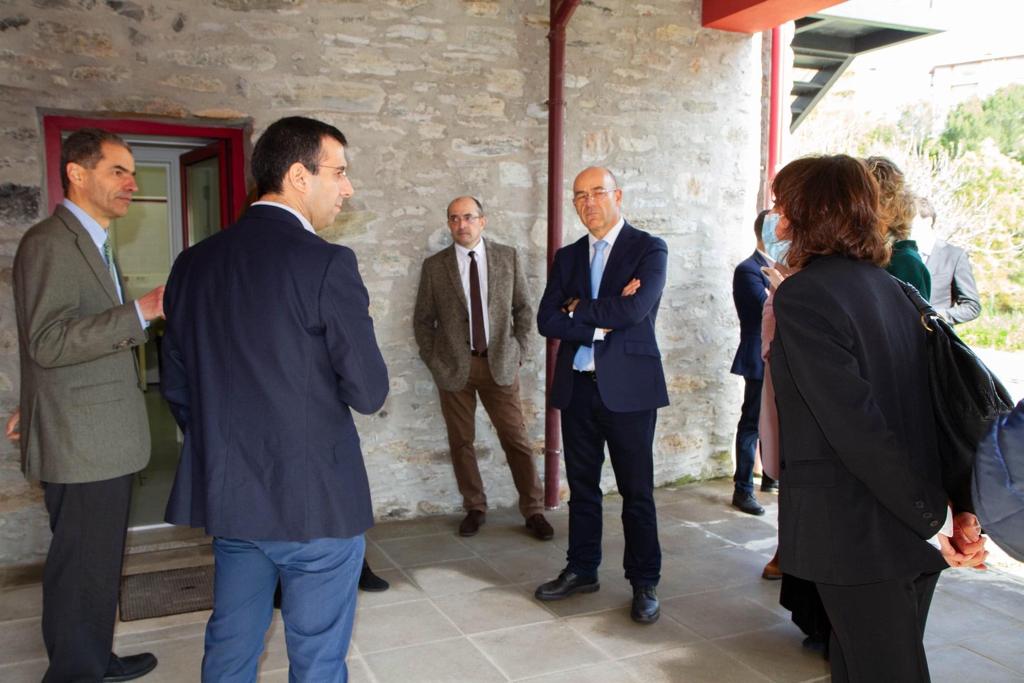
Fig. 3. Prof. Alice Pinto (right) explains the laboratory working procedures to the visiting ministers.
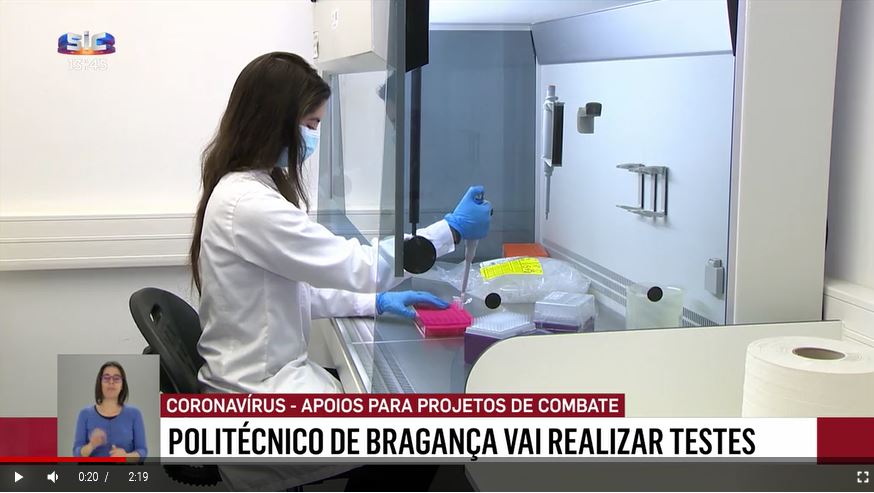
Fig. 4. The Covid-19 laboratory at CIMO is reported on Portuguese National TV.
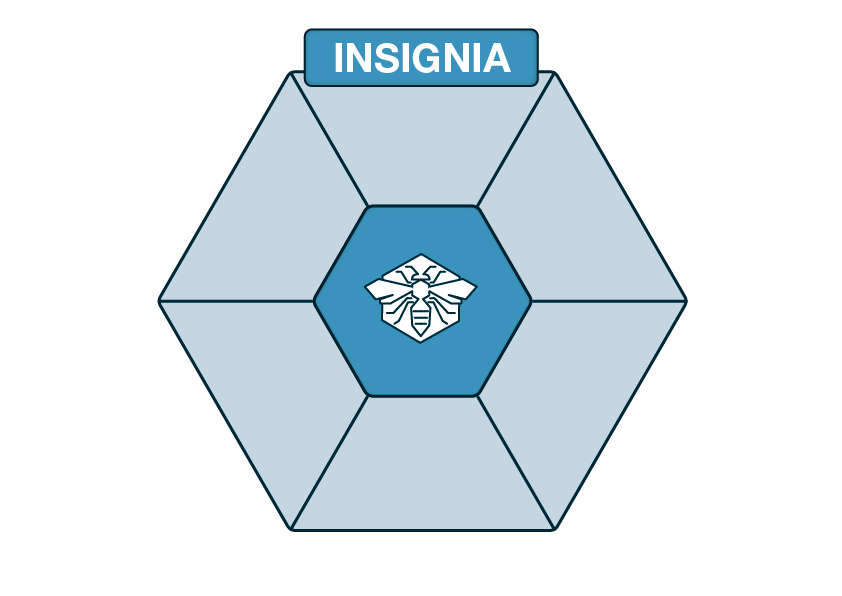
On all notes INSIGNIA logo needs to be on

EU logo needs to be on all press notes
